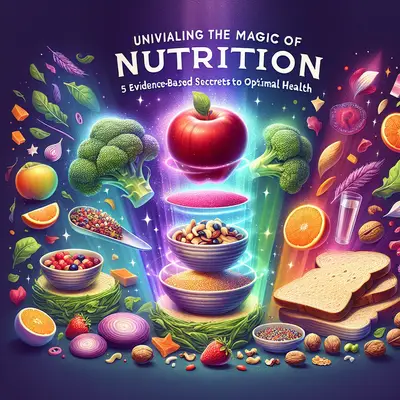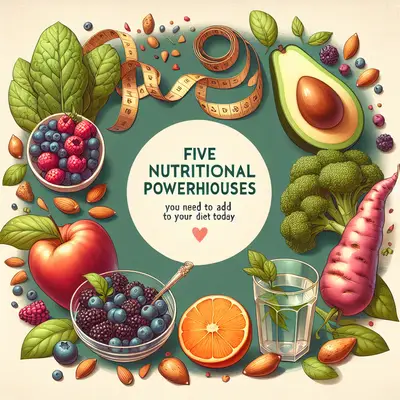1. Adaptogenic Supplements
Adaptogens are natural substances that help your body adapt to stress and promote a sense of balance. They work by interacting with your endocrine system and regulating your stress response. Ashwagandha, Rhodiola Rosea, and Holy Basil are some of the popular adaptogens that have shown positive effects in managing stress and enhancing mood[^1^].
2. Nootropic Supplements
Nootropics, also known as "smart drugs," are supplements that can enhance brain function. They are gaining popularity for their potential to improve memory, creativity, and motivation. Research suggests that nootropics like Bacopa Monnieri and L-Theanine can improve cognitive function and reduce mental fatigue[^2^].
3. Probiotic Supplements
The importance of gut health extends beyond digestion. Emerging research suggests a strong connection between gut health and mental wellbeing, immunity, and more. Probiotic supplements, containing beneficial bacteria, are becoming essential for maintaining a healthy gut microbiome[^3^].
4. Mushroom Supplements
Mushrooms are nutritional powerhouses that offer a host of health benefits. Reishi, Lion's Mane, and Cordyceps are among the medicinal mushrooms that have made their way into supplements. They are known to boost immunity, enhance brain function, and support overall wellbeing[^4^].
5. Antioxidant Supplements
Oxidative stress can lead to chronic diseases like heart disease and cancer. Antioxidant supplements, such as Glutathione and Coenzyme Q10, counteract oxidative stress, helping to defend your cells against damage[^5^].
Conclusion
Supplements are a powerful tool to support your body and mind, but they should not replace a balanced diet and healthy lifestyle. Always consult your healthcare provider before starting any new supplement regimen to ensure they are safe and beneficial for you.
[^1^]: Panossian, A., & Wikman, G. (2010). Effects of Adaptogens on the Central Nervous System and the Molecular Mechanisms Associated with Their Stress-Protective Activity. Pharmaceuticals, 3(1), 188–224. https://doi.org/10.3390/ph3010188
[^2^]: Roodenrys, S., Booth, D., Bulzomi, S., Phipps, A., Micallef, C., & Smoker, J. (2002). Chronic effects of Brahmi (Bacopa monnieri) on human memory. Neuropsychopharmacology, 27(2), 279-281.
[^3^]: Hill, C., Guarner, F., Reid, G., Gibson, G. R., Merenstein, D. J., Pot, B., Morelli, L., Canani, R. B., Flint, H. J., Salminen, S., Calder, P. C., & Sanders, M. E. (2014). Expert consensus document: The International Scientific Association for Probiotics and Prebiotics consensus statement on the scope and appropriate use of the term probiotic. Nature Reviews Gastroenterology & Hepatology, 11(8), 506–514. https://doi.org/10.1038/nrgastro.2014.66
[^4^]: Wasser, S. P. (2017). Medicinal mushrooms in human clinical studies. Part I. Anticancer, oncoimmunological, and immunomodulatory activities: A review. International journal of medicinal mushrooms, 19(4), 279-317.
[^5^]: Lobo, V., Patil, A., Phatak, A., & Chandra, N. (2010). Free radicals, antioxidants and functional foods: Impact on human health. Pharmacognosy reviews, 4(8), 118.



